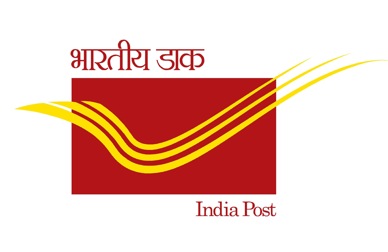

By Asmita - Aug 04, 2025
India's iconic Registered Post service, in operation for over five decades, is set to be discontinued on September 1, 2025, as India Post merges it with the Speed Post service. This move reflects global shifts towards digital communication, despite concerns about affordability and rural access. The end of Registered Post signals a broader change in traditional mail services and highlights the challenge of modernizing legacy systems in the digital age.

Harikrishnank123 via Wikimedia
LATEST
India’s decision to discontinue its iconic Registered Post service from September 1, 2025, has made waves in global postal and logistics circles, marking the end of one of the oldest and most trusted postal systems in the world. For more than five decades, Registered Post has been a mainstay of secure communication across vast geographies, earning a reputation for reliability and legal admissibility. The announcement from India Post comes as part of a broader strategy to modernise and consolidate operations by merging Registered Post with the existing Speed Post service. This move is seen as a reflection of the sweeping changes in communication practices around the world, where digital alternatives increasingly replace traditional mail services.
The phasing out of Registered Post is driven by multiple factors, including a steady decline in usage. Official figures show a stark drop from 244.4 million items in 2011-12 to 184.6 million by 2019-20 — a nearly 25% reduction in less than a decade. This trend mirrors global postal data, as more countries witness an uptick in digital correspondence and private courier services threatening the relevance of government-run mail. India’s experience is emblematic of how legacy systems are under pressure to adapt, with government departments and legal institutions now being advised to shift their secure postal communications to Speed Post instead.
With the integration, Speed Post will inherit critical features of Registered Post — including delivery acknowledgements and improved tracking. However, there are concerns regarding affordability and rural access. Registered Post was valued for its lower rates, starting at just over Rs 25, while Speed Post costs roughly 20–25% more. For many in rural India, and for those in emerging and developing nations with similar postal challenges, this price hike raises vital questions about accessibility and financial inclusion in global mail systems. The Indian case serves as a reference point for how postal reforms can impact the last mile of communication for millions, especially those outside the digital mainstream.
This nostalgic goodbye to Registered Post symbolizes more than just operational change; it marks the fading of an era where physical mail carried not only documents but also emotions and assurances of officialdom. From delivering legal notices and government documents to university admission letters, Registered Post was a part of life’s milestones for millions. As India undertakes this transition, the world watches, acknowledging that the essence of trust and formality once embodied by Registered Post must now find new expressions in a rapidly digitizing age.